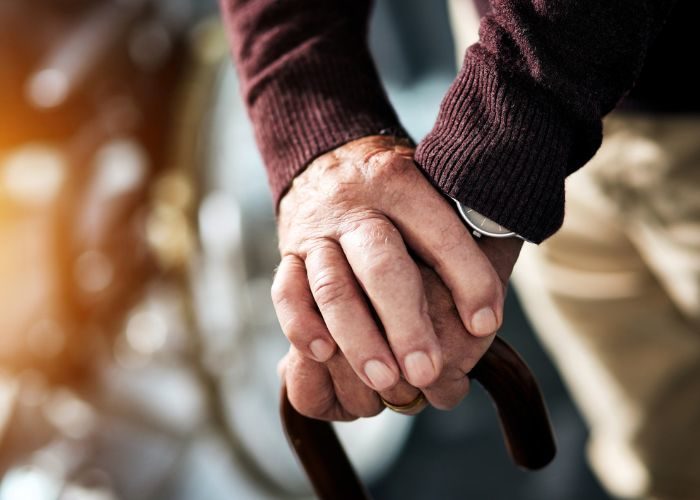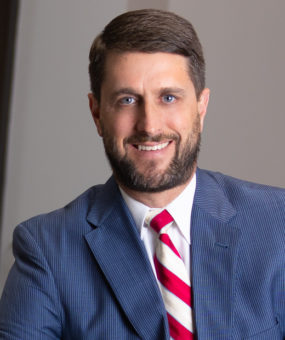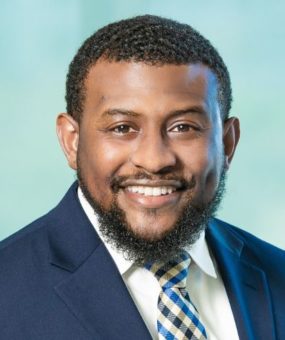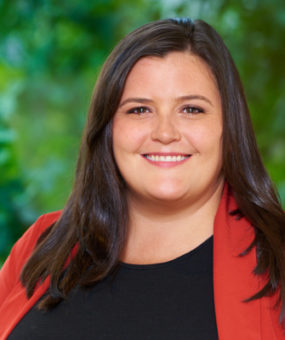Protecting the Elderly and Disabled
Senior citizens and disabled adults in nursing homes, assisted living facilities and retirement communities are among the most vulnerable people in our society. Their health and well-being should be the primary concern of staff and administrators at those facilities.
But sometimes a loved one can be seriously hurt — physically, emotionally or financially — by the negligence or abuse of staff and administrators. Whether it’s happening to your family member or to you, it’s one of the worst situations imaginable.
But you have choices. You can fight back.
Your family and the abuse victim may be owed financial compensation. And by standing up for your family member, you can help discourage and prevent future abuse.
An attorney with experience in nursing home personal injury and wrongful death claims, as well as elder abuse law, can provide advice to help you understand your options. That lawyer can also be an advocate for victims of neglect and abuse, ensuring they’re fully compensated and stopping the mistreatment.
Ward and Smith’s personal injury and wrongful death attorneys have experience with many kinds of nursing home abuse cases, including:
- Poor medical treatment and medication errors
- Ulcers and bed sores (“decubitus sores”) that could have been prevented with proper care
- Malnutrition, dehydration and food poisoning
- Unsanitary conditions, including slippery floors that can cause falls
- Scalding and other incidents that may cause catastrophic personal injury
- Exploitation and financial abuse
- Emotional abuse and neglect
- Accidents and neglect leading to traumatic brain injury (TBI), paralysis or head injury
People in nursing homes and other care facilities can be vulnerable to violence and abuse from those who are supposed to be their caregivers. In some cases, even other residents can be a threat — a sign of potential negligence on the part of facility administrators and caregivers.
A variety of studies show that elderly people are vulnerable to financial abuses, neglect, physical and emotional abuse, and even sexual abuse. Research also suggests that many cases of elder neglect and abuse go unreported.
After discovering abuse, exploitation or neglect, it can be hard to know what to do. Victims and their families may wonder if they should call the police, the county social services department or regulatory agencies.
No one should face those questions alone.
A lawyer with experience in these kinds of cases can help you figure out what to do next. An attorney can make sure you understand your options. If you or a loved one has been harmed through neglect, abuse or exploitation, you may be entitled to compensation.
Fighting for the most vulnerable
Ward and Smith’s personal injury and wrongful death legal team has handled numerous cases involving abuse, neglect and exploitation of the elderly and disabled. Working with clients across the state, our lawyers help ensure that victims and their families are properly compensated for the harm that was done to them.
Our team approach means an attorney is always available to answer questions and help push your case forward. And our lawyers are supported by licensed paralegals and certified litigation technology specialists.
Our attorneys also have the resources required to see these cases through — uncovering the truth about what happened, taking cases all the way to trial or helping you negotiate the best possible settlement.
Ward and Smith is a large multi-disciplined law firm. If other legal issues, such as estate matters, arise in connection with your case, our lawyers can turn to colleagues who have deep experience in those legal areas, too.
If you or someone in your family has been neglected, exploited or abused, you can take action.
Nursing home liability: Representative Experience
Past results are no guarantee of future results. The summaries are not intended to indicate or guarantee that any of the same or similar results can be achieved in future matters; the outcome of a matter depends upon a number of factors. These summaries are intended only to provide general information about the experience of our attorneys. Summaries are drawn from 1992 through the present.











